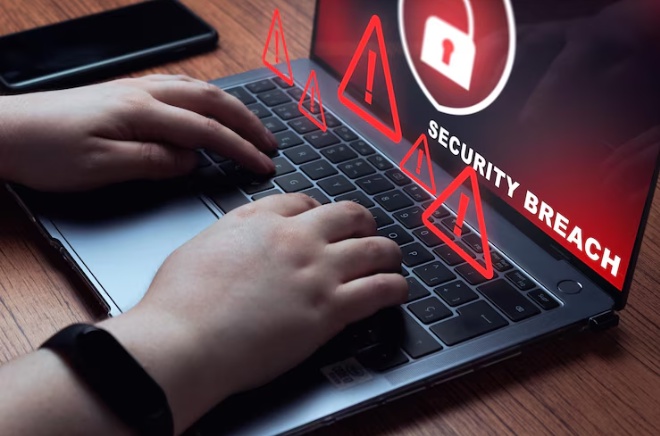In a startling revelation that has sent shockwaves through the cybersecurity community, UnitedHealth Group, one of the largest healthcare companies in the United States, has acknowledged paying a ransom to prevent the exposure of sensitive data. This incident underscores the growing threat of ransomware attacks and highlights the complex ethical dilemmas organizations face in safeguarding their digital assets.
Impact Analysis: A Closer Look at the Consequences
The cybersecurity attack on UnitedHealth Group has far-reaching implications, not only for the company itself but also for its vast network of clients, partners, and stakeholders. With millions of individuals relying on UnitedHealth Group for their healthcare needs, the potential impact of a data breach could have been catastrophic.
From a financial perspective, the ransom payment itself represents a significant cost to the company. However, the true impact extends beyond monetary considerations. The incident has raised questions about the robustness of UnitedHealth Group's cybersecurity measures and its ability to protect sensitive patient information. Trust, a critical component in the healthcare industry, has been put to the test.
Moreover, this ransomware attack news serves as a wake-up call for the entire healthcare sector. As one of the most targeted industries by cybercriminals, healthcare organizations must recognize the urgent need to bolster their defenses and invest in cutting-edge security solutions.
The Evolving Landscape of Ransomware Attacks
The UnitedHealth Group incident is not an isolated case. Ransomware attacks have become increasingly sophisticated and prevalent in recent years, with hackers exploiting vulnerabilities in IT systems to encrypt data and demand hefty payments for its release.
Healthcare organizations, in particular, have become prime targets for cybercriminals due to the sensitive nature of the data they hold. From patient records and medical histories to financial information, the value of healthcare data on the black market is substantial.
As ransomware tactics continue to evolve, organizations must remain vigilant and proactive in their approach to cybersecurity. This includes implementing robust backup and recovery systems, conducting regular security audits, and providing comprehensive training to employees on best practices for data protection.
Ethical Dilemmas: Navigating the Gray Areas
The decision to pay a ransom to prevent data exposure is not without controversy. While some argue that paying cybercriminals only encourages further attacks and perpetuates the cycle of cybercrime, others contend that, in certain situations, it may be the only viable option to protect sensitive information and mitigate potential harm.
Organizations like UnitedHealth Group face a complex set of ethical considerations when confronted with ransomware demands. On one hand, there is a responsibility to safeguard patient data and maintain the trust placed in them by their clients. On the other hand, acceding to the demands of cybercriminals raises questions about the long-term implications and the potential for future attacks.
Ultimately, each organization must weigh the risks and benefits of their actions, taking into account the specific circumstances of the attack and the potential consequences of their decisions.
The Future of Cybersecurity: Preparing for the Challenges Ahead
As high-profile ransomware attacks continue to make headlines, it is clear that the future of cybersecurity will be marked by increasingly sophisticated threats and evolving challenges. Organizations across industries must adapt and strengthen their security posture to stay one step ahead of cybercriminals.
This requires a multi-faceted approach, encompassing technological solutions, employee training, and robust incident response plans. Collaboration and information sharing among organizations will also be crucial in combating the collective threat of ransomware attacks.
Furthermore, policymakers and regulatory bodies have a role to play in establishing clear guidelines and standards for cybersecurity alerts practices. By fostering a culture of accountability and transparency, we can create a more resilient and secure digital landscape.
Conclusion
The UnitedHealth Group ransom payment serves as a stark reminder of the pervasive threat of ransomware attacks and the complex ethical dilemmas organizations face in protecting their digital assets. As cybercriminals continue to evolve their tactics, it is imperative that organizations remain vigilant, proactive, and committed to implementing robust security measures.
By staying informed about the latest trends, investing in advanced security solutions, and fostering a culture of cybersecurity awareness, we can collectively work towards a future where the integrity of our data and the trust of our stakeholders remain intact.


No comments yet